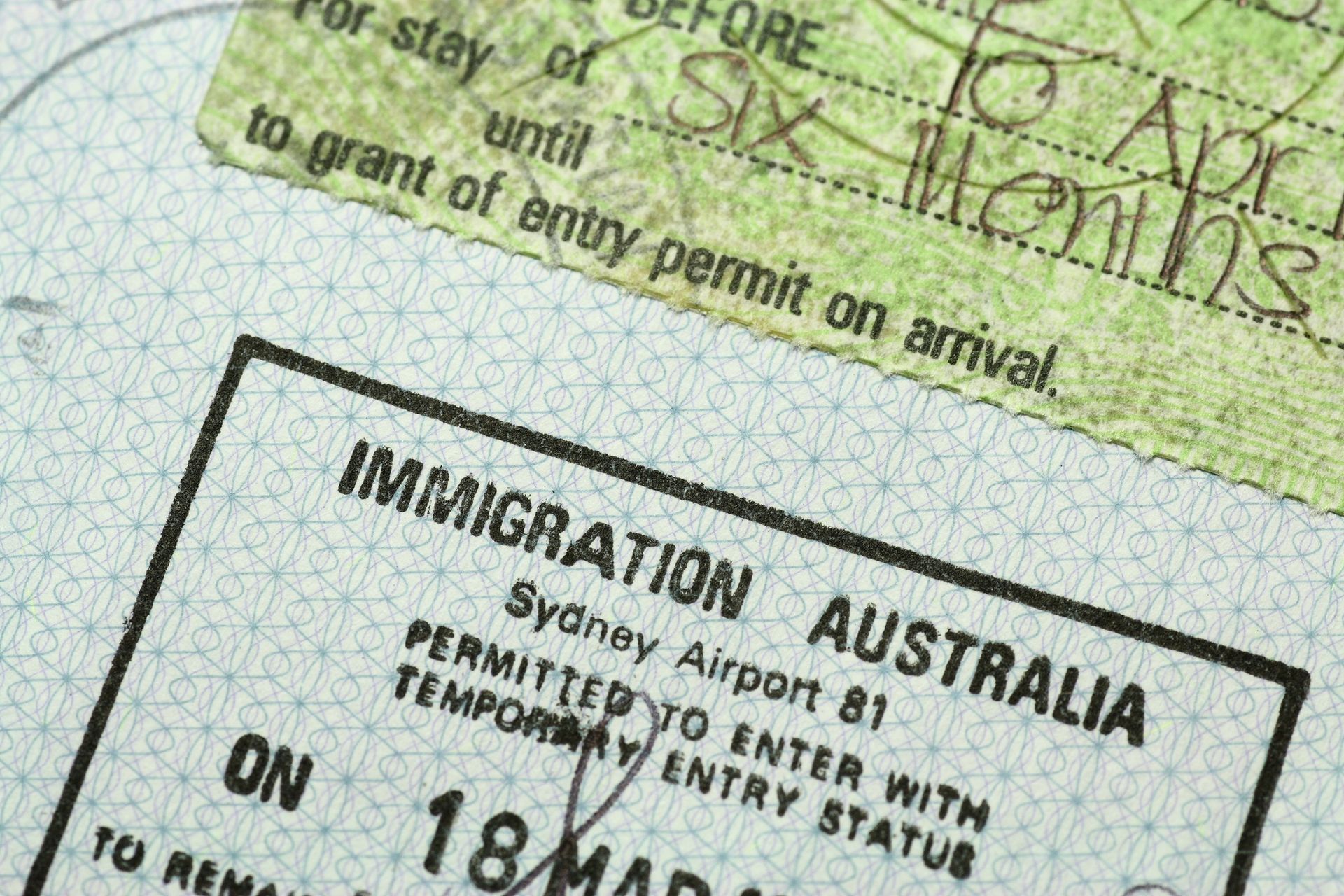Prosecutions by the Health Care Complaint Commission
Patrick Schmidt, Partner • February 28, 2023
The unfortunate reality is that doctors, registered health practitioners, and non-registered health practitioners (such as counsellors, speech therapist, massage therapist, and alternate health care providers) will find themselves as defendants in civil litigation for misconduct.
Most are aware of the ‘usual’ proceedings where a complainant (patient) commences proceedings for monetary compensation for alleged misconduct through compensation lawyers. However, what most don’t realise that in addition to any civil compensation claim, the Health Care Complaint Commission (“The Commission” (HCC)) can investigate and prosecute alleged misconduct.
The Commission is an independent body set up under the Health Care Complaints Act 1993 and deals predominantly with the quality and care of treatment provided to a patient and the professional conduct of a health practitioner. Generally, other complaints such as fees, access to medical records, and/or abuse and neglect of people with disabilities are generally dealt with in other forums.
Possible complaint outcomes
The Commission make some initial assessment of all written complaints and when necessary gathers the relevant information to determine what action or outcome is appropriate.
The Commission can either resolve the complaint by acting as a mediator between the parties and discuss the concerns - which is generally done through the Commission’s ‘resolution service’. This service enables lay people access to experienced professionals, as often the issues are complex and understanding through the help of an independent facilitation process, can lead to a resolution.
With the more serious complaints regarding registered health practitioners such as doctors, nurses, and dentists, the Commission generally consults the relevant ‘professional counsel’ to determine an appropriate outcome. Generally, the professional counsel will provide advice whether to investigate the complaint or discontinue.
When the Commission makes the determination to investigate a complaint, which is normally in relation to serious issues of public health and safety, the Commission obtains evidence from complainants, witnesses, also refers to associated medical records. Quite often, the Commission will engage an expert to give an advice on the quality of clinical care or conduct.
Before deciding upon the outcome of an investigation, the Commission will seek submissions from the affected provider. It is at this stage that a considered and careful response needs to be drafted based on the evidence as presented by the Commission. This proceeding is quasi-criminal as many of the principles overlap.
In providing the response, the affected provider needs to balance the weight of the reply exculpatory evidence against their inherent right to silence.
If the Commission is not satisfied with the response, the matter can be referred to ‘the director of proceedings’ who determine whether or not to prosecute the practitioner for unsatisfactory professional conduct.
Alternatively, the practitioner could be referred to the ‘health professional council’ for their actions who determine what intervention of a non-disciplinary nature needs to be implicated.
Similarly, if the practitioner’s submissions are exculpatory, the Commission can decide to take no further action.
Where there is evidence of a possible criminal conduct (such as sexual touching) the complaint can be referred to the Director of Public Prosecutions for possible criminal charges. It is at this stage that the previous submissions to the Health Care Complaint Commission need to be evaluated, as in a criminal matter there is an implied right of silence which has obviously been waived in the above process. If criminal charges are commenced and successful, you are liable to the same criminal charges as if brought by the police including gaol.
In general terms, the sanctions by the Commission include but are not limited to:
1) Issuing or publishing a prohibition order or public warning where findings show the practitioner has breached the code of conduct and possess a risk to the health and safety of members of the public;
2) Making comments to the practitioner to improve practise or treatment;
3) Issuing sanctions or periods of suspension; or
4) Taking no further action.
Due to the potential serious natures of any complaints against a medical practitioner, they must be taken seriously and dealt with cautiously given any potential implications.
If you are contacted by the Health Care Complaint Commission, noting that compliant can be referred to the DPP, legal advice should be obtained immediately.
Patrick Schmidt has a keen interest in the area, being surrounded by Medico’s including numerous discussions with his father Dr John Schmidt. Dr Schmidt is considered an imminent authority being a consultant for the Personal Injury Commission, preparing medico-legal reports for the Coroner, Lawyers and the Director of Public Prosecutions. As such, Patrick has a strong knowledge of the “Cochrane Model (Library)” and internal policies and procedures.
Photo
159252387 ©
Eakrin Rasadonyindee |
Dreamstime.com

Kells has been delivering outstanding services and legal expertise to commercial and personal clients in Sydney and the Illawarra region for more than five decades. Our lawyers are savvy and understand your needs.
Subscribe
Want to get the latest articles and news delivered to your inbox?




